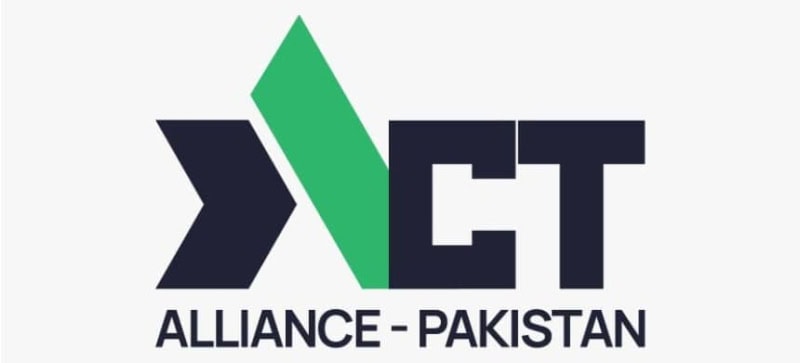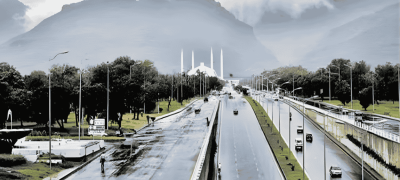Swabi — ACT Alliance Pakistan organized a dialogue in Swabi with civil society and media representatives to discuss the harmful effects of illicit trade on local, provincial, and national economies. The event included representatives from various sectors, including trade and business leaders, journalists, and civil society organizations, who discussed the severe economic challenges of illicit trade, tax evasion, smuggling, and counterfeit products.
Participants were informed that illicit trade in Pakistan has reached alarming levels, with an annual estimate of approximately $68 billion, while tax evasion exceeds $21 billion, and smuggling is over $3 billion. Nearly 80% of consumer products are counterfeit, particularly in small towns and rural areas. These figures highlight the urgent need to address these issues promptly. The participants expressed deep concern that Pakistan loses around $90 to $100 billion annually due to these illicit activities. They urged the government to pay immediate attention to this matter.
Addressing the gathering, Muhammad Ali Khan, President of the Traders Association Swabi, lauded the efforts of ACT Alliance in raising awareness and fostering cooperation against illicit trade. “ACT Alliance’s initiative to reach out to local leaders and raise awareness about illicit trade is commendable. The business community in Swabi recognizes the challenges posed by illicit trade and is committed to collaborating to eliminate this threat,” he said.
The dialogue also highlighted the tax evasion figures across various sectors, underscoring the severity of the issue. Tax evasion in the petroleum sector amounts to Rs. 996 billion annually, in the real estate sector to Rs. 500 billion, and in the tobacco sector to Rs. 310 billion. Despite these alarming figures, the government has unfairly focused on extracting more taxes from the tobacco sector, which is already heavily taxed. At the same time, a significant majority of local companies evade taxes. Local civil society leaders expressed deep concern over this imbalance. They emphasized that the government should take decisive action against tax evaders and those involved in the illicit trade of tobacco products.
Mubashir Akram, National Convener of ACT Alliance, gave a comprehensive presentation to the participants, emphasizing the potential benefits of combating the illicit economy. “If Pakistan recovers even 50% of the losses caused by the illicit economy, it will result in billions of dollars of investment in national and local development projects, directly benefiting the people of Swabi,” Mubashir Akram said. He urged the participants to help raise public awareness of illicit trade and tax evasion at the local level.
The dialogue also underscored the importance of a multi-faceted strategy to combat illicit trade. ACT Alliance employs various approaches, including advocating for a robust regulatory framework, organizing public awareness events, and promoting local and international cooperation to address the issues of smuggling and counterfeit products. By aligning with proven best practices and leveraging local expertise, ACT Alliance aims to build a sustainable and effective movement against activities that harm Pakistan’s economy.
Participants, representing various sectors and interests, collectively expressed their commitment to working together. They acknowledged that tackling the complex challenges of illicit trade and tax evasion requires a united effort from all stakeholders, including businesses, civil society organizations, the media, and government institutions. This unity of purpose instills hope and confidence in joint efforts against illicit trade.
The dialogue in Swabi is part of a series of events organized by ACT Alliance in various cities to raise public awareness and foster cooperation in the campaign against illicit trade and tax evasion. The Alliance aims to build a strong network of stakeholders to create a transparent and fair economic environment in Pakistan.









